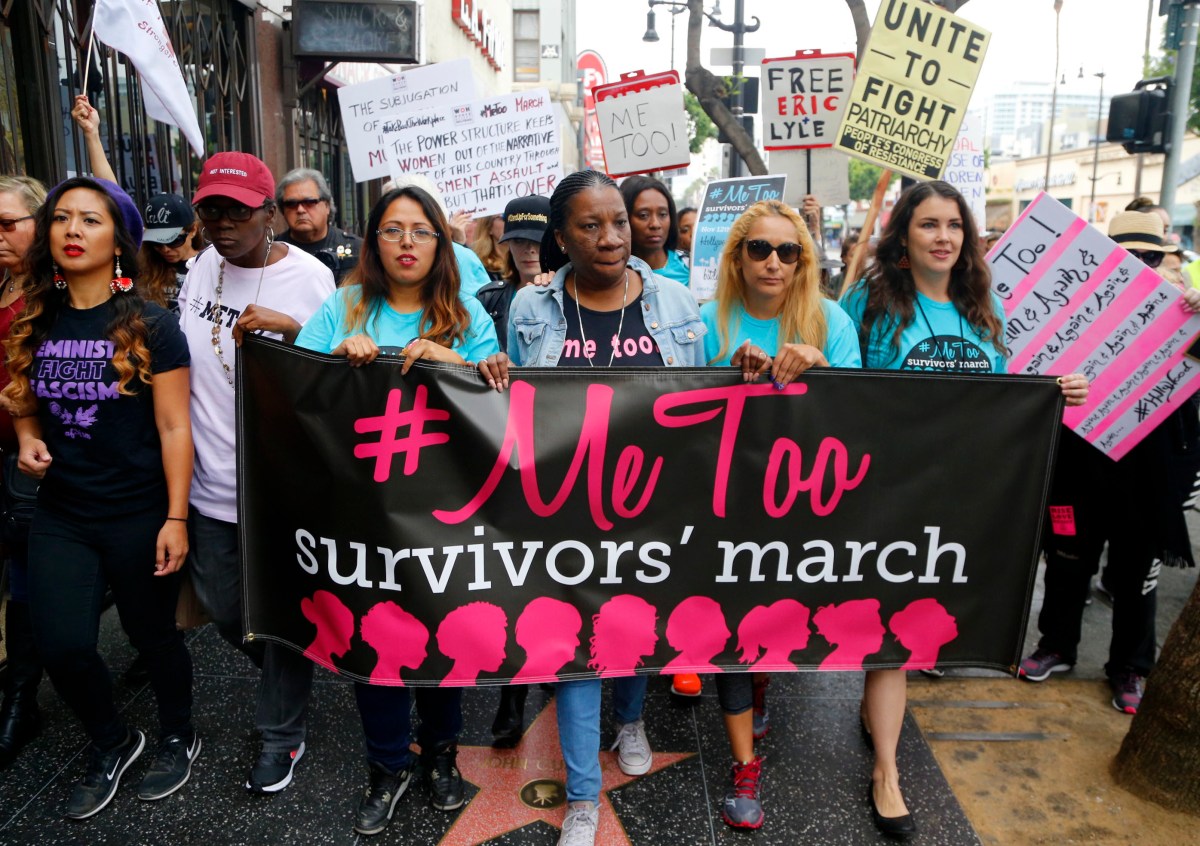John Cacioppo, an expert in the biological effects of loneliness, wants people to know that feeling lonely has nothing to do with being alone. You can suffer from loneliness yet be surrounded by people, if you feel as if you have no one you can trust or confide in.
“It’s the subjective experience of loneliness that is harmful, not the actual number of social contacts a person has,” he says.
When loneliness develops into a chronic condition, it becomes a risk to both mental and physical health.
You’ll sleep like a baby‚ literally
Loneliness causes sleep to become fragmented.
“When you’re sleeping, your guard is down. If you’re lonely your brain will subconsciously know there’s no one out there to protect you and this insecurity is what causes you to fret,” explains Lianne Kurina, assistant professor of epidemiology at the University of Chicago.
Fatigue takes over as your body has less time to repair and recuperate.
You’ll get comfort from cupcakes, not company
Lonely people seek sources of pleasure that aren’t affiliated with others. Their body craves, and abuses, pleasurable substances such as fatty or sugary foods and alcohol. In a way, it’s a form of self-medication, as these provide a superficial, short term high and make up for the lack of dopamine present in their system.
“Lonely people cave in so easily because as their brain is already on the look out for so many threats, it becomes less well tuned to controlling,” explains Cacioppo.
You’ll be more prone to catching the flu
We are genetically designed to adapt to loneliness. We become more vulnerable to viruses as our body focuses on fighting bacteria.
“Viruses are affiliated with human contact (sneezing, saliva) but if you’re lonely your brains identifies physical contact as non existent or hostile so drives all your energy into healing cuts or abrasions,” says Cacioppo.
Stress will take over your body
Chronic loneliness activates the sympathetic nervous system. Responsible for coordinating the body’s ‘fight or flight’ response to stress, the system is designed to prepare the body for looming threat.
This state of alert triggers a number of physiological changes. Vascular resistance goes up, tightening of the arteries, which raises blood pressure. Levels of cortisol, the stress hormone used as an emergency supply of energy to boost the immune system, increase.”
















